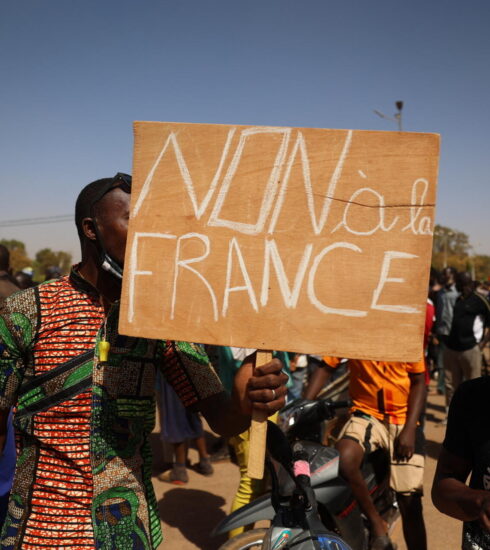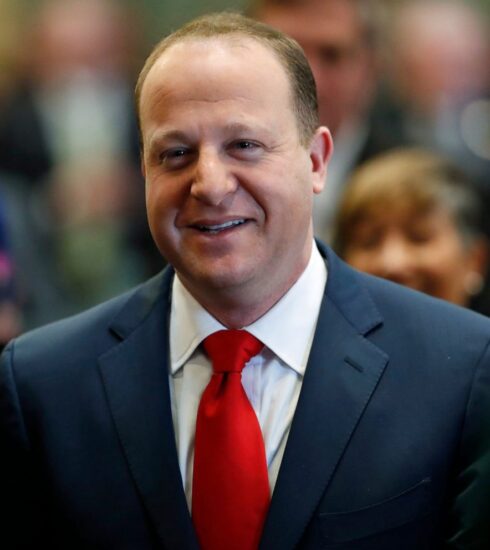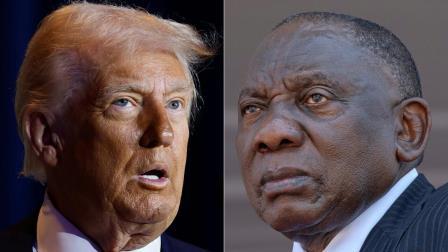The fighting that erupted on April 15 between two rival forces in Sudan has exacerbated an already dire humanitarian crisis in Africa’s third-largest country.
The clash between the Sudanese Armed Forces and the paramilitary group Rapid Support Forces have led to the deaths of hundreds of people and forced tens of thousands to flee to neighboring countries.
The violence is yet another sign of the dimming hopes for democracy in the North African country following the 2019 protests that toppled the longtime dictatorship of Omar al-Bashir. The civilian leadership of Prime Minister Abdalla Hamdok that emerged was muscled out of power by the military, and the generals have been in charge of the country since 2022.
“The outbreak of discriminate violence in Sudan has upended hope for the democratic transition that millions of Sudanese risked their lives for,” USAID Administrator Samantha Power told a committee of U.S. senators recently.
The USAID chief traveled to Chad the next day after meeting with the U.S. senators, where tens of thousands have fled fighting in neighboring Sudan, to meet with Sudanese refugees and officials, a USAID spokesperson said.
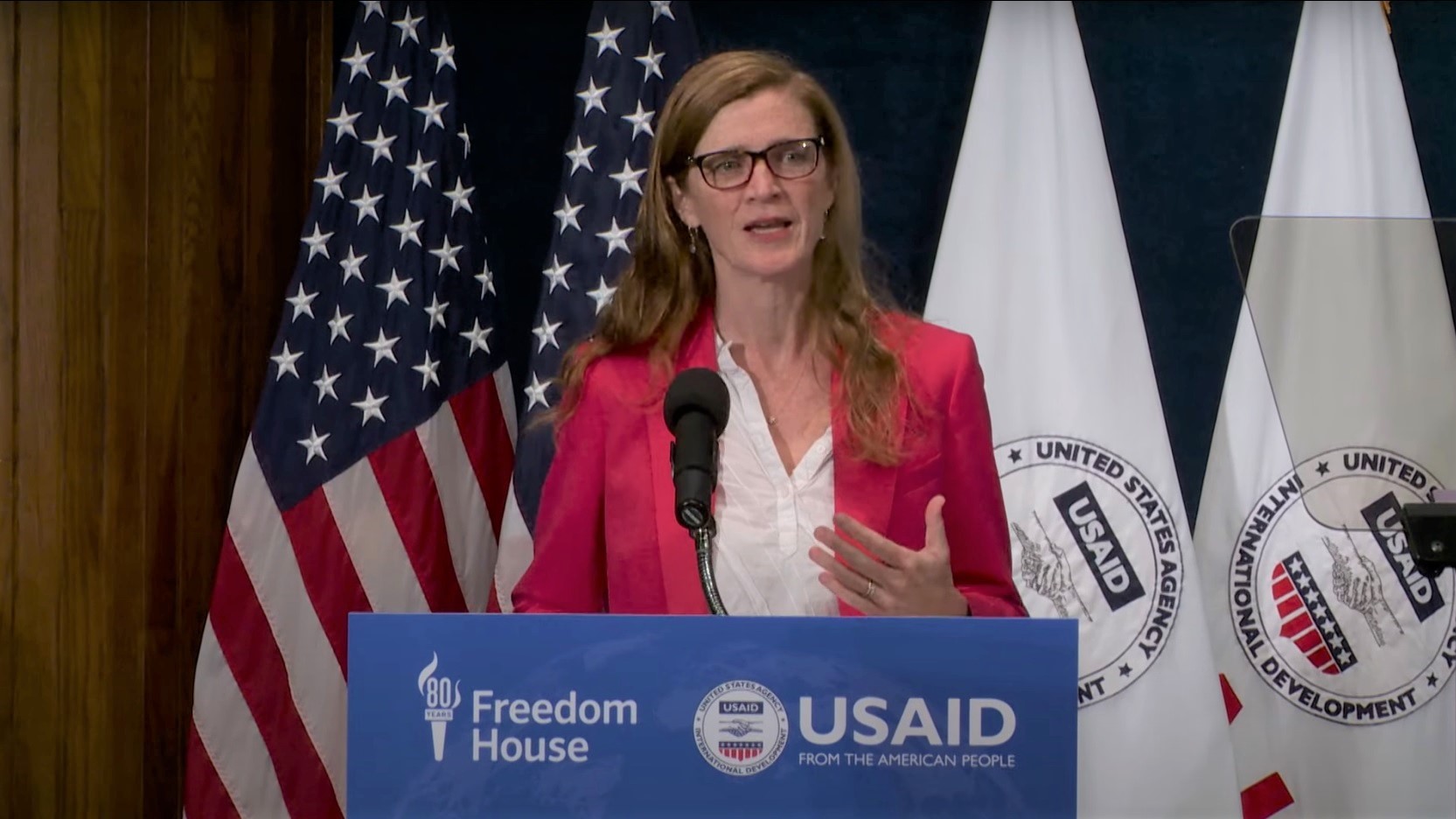
USAID Head Samantha Power says she’s worried about the humanitarian crisis in Sudan and is seeking for support from the world’s developed nations. Critics says the United States isn’t doing enough. Photo: NY Times
Some 60,000 Sudanese refugees, mostly women and children, have poured over the border since war broke out in Sudan on April 15, seeking safety in Chad, one of the world’s most impoverished countries.
The visit will be USAID head Samantha Power’s first trip to the region since the fighting broke out between the regular army and the powerful paramilitary Rapid Support Forces (RSF).
Power will also meet with local officials coordinating the humanitarian response to the needs generated by the crisis in Sudan, as well as Chadian civil society and government officials, the spokesperson said.
In addition, Power will speak with U.S. government-supported and other United Nations and non-governmental organizations and humanitarian partners working to provide assistance to refugees and host communities.
Sudan’s conflict has killed hundreds of people and caused a humanitarian crisis that threatens to destabilize the wider region, displacing more than 840,000 people and forcing about 200,000 to flee into neighboring countries.
USAID last month deployed a team of disaster response experts for Sudan in the region to coordinate the humanitarian response. The team operates out of Kenya.
Chad, which shares a 1,400-km (870-mile) border with Sudan, was already struggling to cope with some 600,000 refugees, many of them Sudanese, before the latest influx.
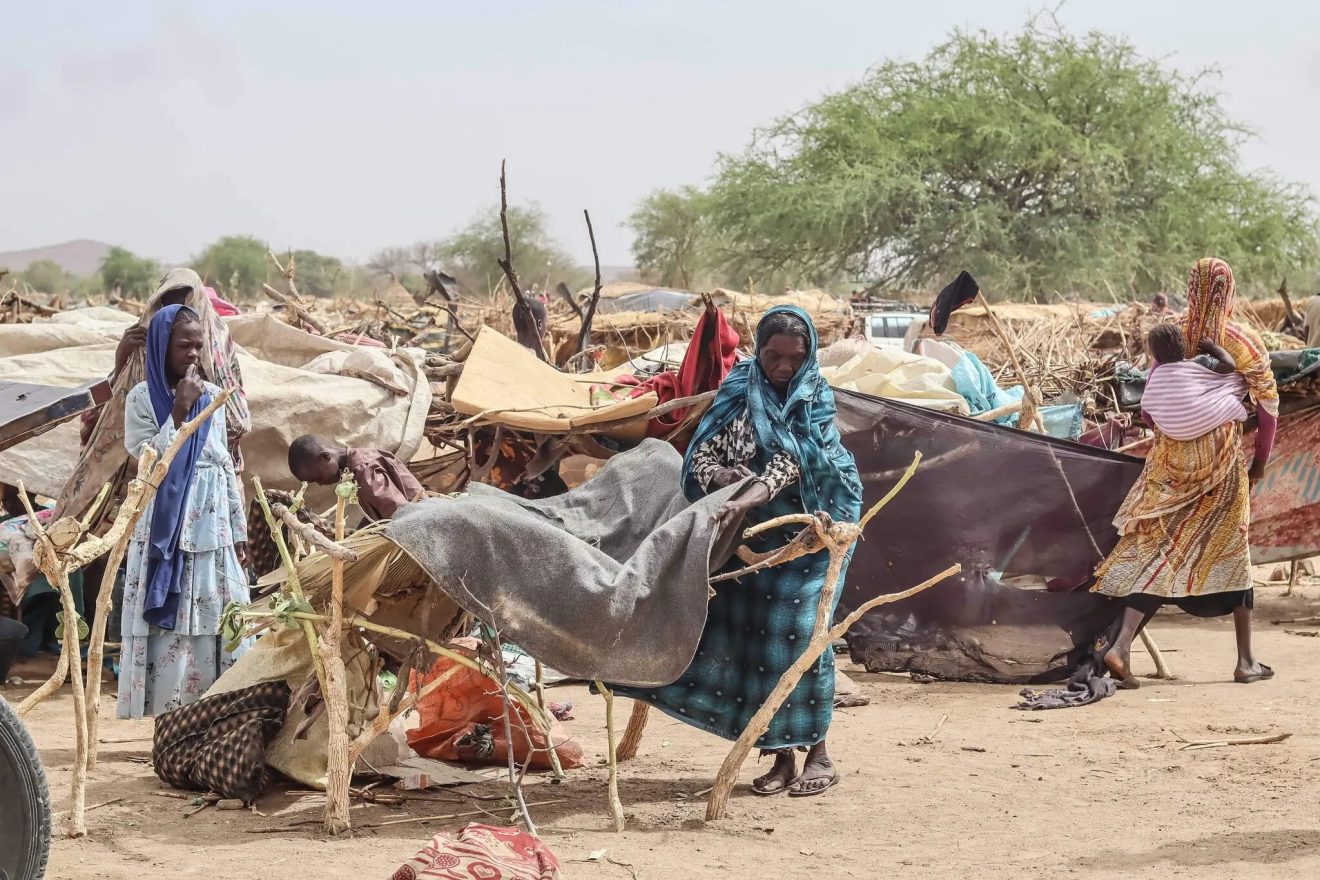
Sudanese refugees who crossed into Chad preparing temporary shelters on Sunday. The fighting in Sudan has displaced more than 330,000 people. Getty Images
Chad has one of the worst hunger problems in the world. More than a third of its children under five are stunted. In total, 2.3 million people in Chad are in urgent need of food aid and the United Nations World Food Programme (WFP) has issued an urgent appeal for $162.4 million to help feed them.
According to the United Nations Office for the Coordination of Humanitarian Affairs, even before the current crisis, around 15.8 million Sudanese were in need of humanitarian assistance — 8.5 million of which are children.
UNOCHA said $1.7 billion of funding was needed to address humanitarian needs, but only a little more than $240 million had been provided at the point war broke out.
Since the start of the fighting, OCHA has released flash updates highlighting the state of the humanitarian crisis in Sudan. The agency is expected to release a new flash appeal in the coming days or weeks.
The United States is the biggest bilateral donor to Sudan. It contributed $734.1 million in 2021, according to the most recent data from the Organisation for Economic Co-operation and Development. Most of the money went through USAID.
But USAID paused its package to the government following the military coup in 2021. USAID had said in the past, however, that it planned to bypass the military and support civil society organizations and fund humanitarian assistance. Since October of last year, USAID has provided $159.4 million in humanitarian assistance to the country.
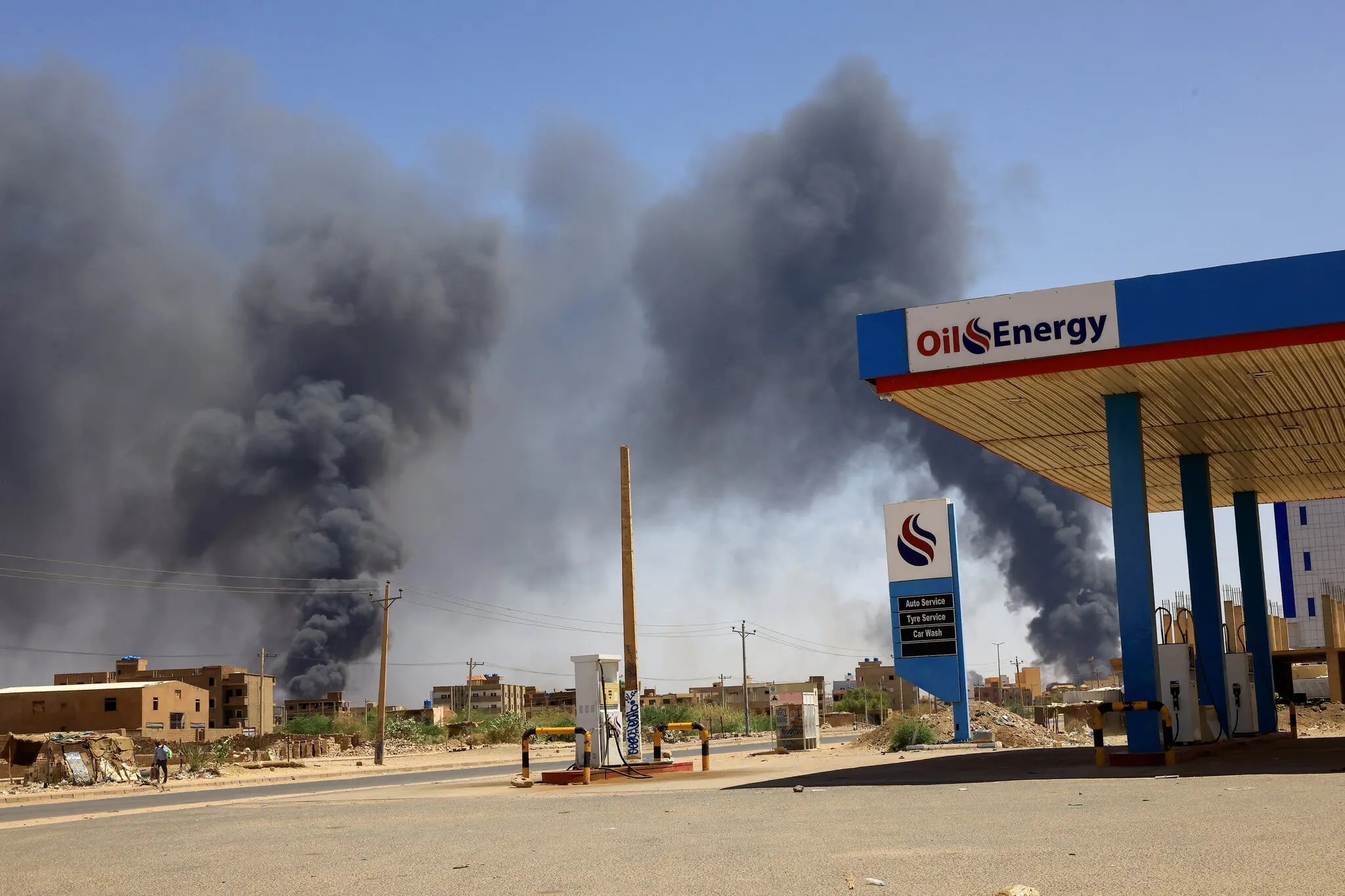
Smoke rising above buildings after an aerial bombardment during clashes between the paramilitary Rapid Support Forces and the army in Khartoum North. Photo -Reuters
USAID, like a lot of international aid agencies and organizations, decided to pull out its international staff and relocate them to other countries.
Power told U.S. senators that six USAID international staffers — four Americans and two Pakistani nationals — had been evacuated to Washington after the U.S. suspended operations at its local embassy over the weekend.
But 29 Sudanese staffers were still in the country, 27 of whom were in the capital Khartoum, Power said, in parts of the city that were hard to move around. The agency was working to move them to missions in neighboring countries in Egypt or Ethiopia.
“So that if they want to leave the country, they will have someplace to work,” Power said.
“We have given them advance payments, salary increases, those kinds of things. But to be honest, it’s extremely difficult to access banks right now, because even banking employees can’t get to the bank” Power revealed to the U.S. senate committee.
A USAID source revealed to the press that it’s entire agency staff “are accounted for and we continue to work around the clock to prioritize their safety.”
The agency has deployed its Disaster Assistance Response Team — a team of USAID specialists that are typically activated in crisis situations — in neighboring Nairobi, Kenya, to lead the U.S. government’s response to humanitarian needs from the crisis.
“The DART is working with the international community and our partners to assess the situation, identify priority needs, and scale up and target urgently needed assistance to communities affected by conflict in Sudan,” the source revealed.
Some aid organizations have halted their operations and pulled out their international staff in the country or relocated them to safety. The U.N. provided assurances that all measures are being taken to protect their Sudanese staff and their family.
The situation on the ground remains dangerous for aid workers. UNOCHA, quoting Sudan’s Ministry of Health, said that at least 18 health and humanitarian workers have died, including five aid workers — three from the World Food Programme, one from the International Organization for Migration, and one from Relief International.
Power has also disclosed that they are ramping up support and announcing $100m in additional programming for Sudan to try to stand with the Sudanese people. That’s why we are relentless in our diplomacy and continue to be. In her words, the only future that will work for Sudan is a civilian-led rule, and we won’t give up until the Sudanese people achieve that.



